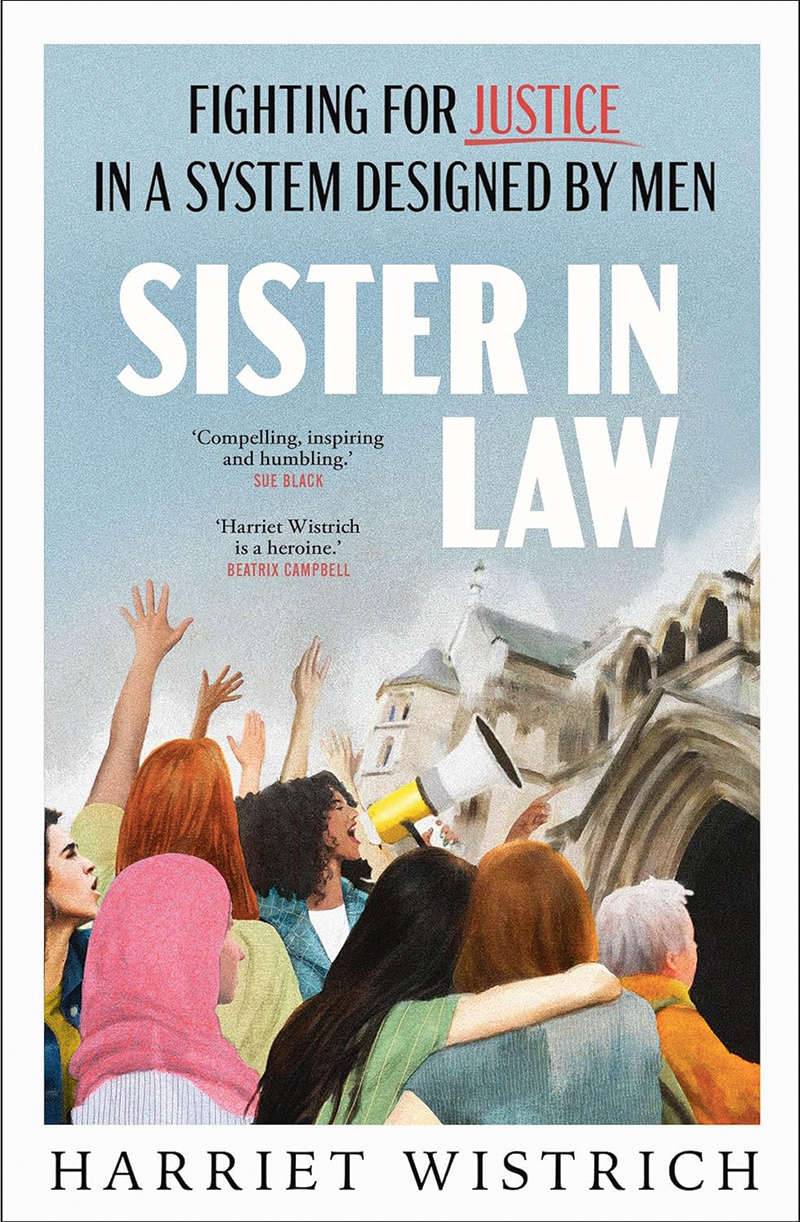“In December ’85 I was convicted of murdering my boyfriend, Trevor Armitage, who was 33. I met him six months earlier when I was 16 and a prostitute. He was a client. I was 17 at the time of the offence and now I am 24.”
So began a letter that arrived at my home in North London in September 1992 with an HMP Drake Hall prison stamp. It was from Emma Humphreys, a woman I came to know well. She described in evocative terms how, following a childhood of violence, exploitation and abuse, she had ended up on the streets of Nottingham, where she was picked up by Armitage, who became her pimp and subjected her to regular rapes and beatings. In a moment of fear, she stabbed and killed him.
- Exclusive: Women’s safety funding ‘doesn’t scratch the surface’ of tackling male violence
- New rules could stop domestic abuse victims from having to live near abusers
At the time, I was involved in campaigning for women who had been convicted of the murder of violent husbands and had co-founded the campaign group, Justice for Women. We were highlighting the discrimination inherent in the operation of the criminal law, which often showed mercy to men who killed ‘nagging wives’ while failing to acknowledge the cumulative provocation, violence and abuse that might drive a woman to kill her tormenter.
It was Emma’s case that set me on a new career path in my early 30s to become a lawyer and use legal skills sharpened by years of feminist activism to fight for justice for women and others subject to the uneven rule of law.
In my book, Sister in Law: Fighting for Justice in a System Designed by Men, I describe some of the significant cases I have fought over three decades. I chronicle the battle faced by two women who were victims of serial rapist taxi driver, John Worboys, and fought for nearly 10 years to hold the Metropolitan police accountable for their abject failure to investigate and stop him.
Following Worboys’ eventual capture and criminal trial, over 100 women came forward to report him, yet despite this staggering level of calculated violence, the parole board were poised to release him from prison after he had served less than 10 years, compelling my two clients to become involved in a second historic legal challenge to prevent his release.










